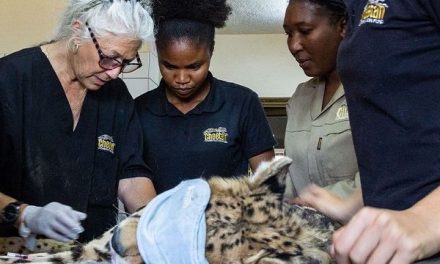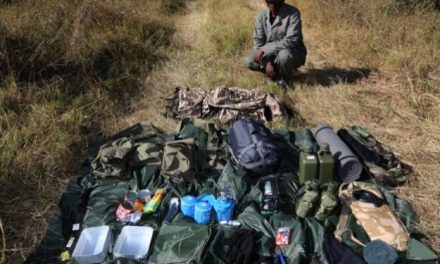
How lead poisoning affects the vultures – Scientific Society

The Namibia Scientific Society will host a talk by Linda van den Heever at 19:30, about ‘Lead poisoning in Southern Africa’s Cape and White-backed Vultures’, on 24 April.
The Society in a statement on Wednesday said Van den Heever will delve into the intricate details of the extent, source, and effects of lead poisoning that has occurred in southern Africa’s Cape and White-back vultures, which were recently undescribed and poorly understood.
According to the Scientific Society, since 2016 BirdLife South Africa has bridged this important knowledge gap through a concerted research campaign.
“This research provided the first scientific evidence that vultures are ingesting fragments of lead ammunition embedded in the carrion they feed on,” they said, adding that as a result, vulture chicks are displaying a range of negative physiological effects that adversely affect their survival once they fledge.
According to the Wildlife Act website, the Cape Vulture is southern Africa’s only endemic vulture species. These vultures were formerly bred in Swaziland, Zimbabwe, and Namibia, but are now extinct in Swaziland, with only small, non-breeding populations remaining in Zimbabwe and Namibia.
The White-backed vultures on the other hand are the most widespread vulture species, preferring open wooded Savanna.











































